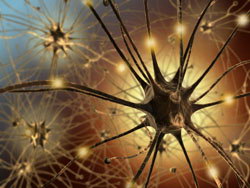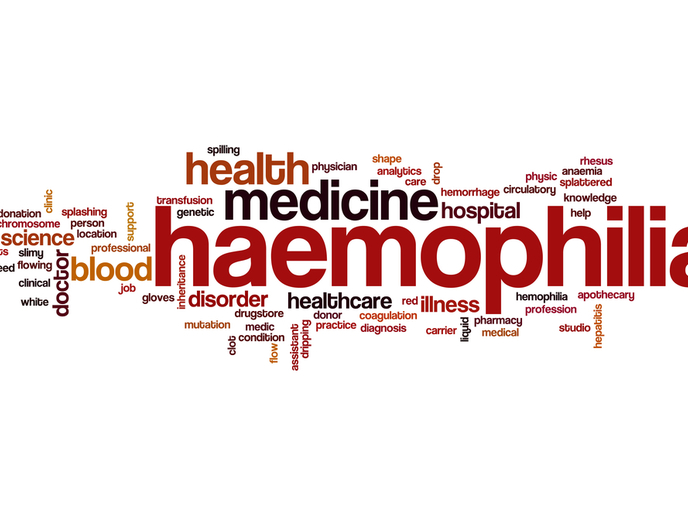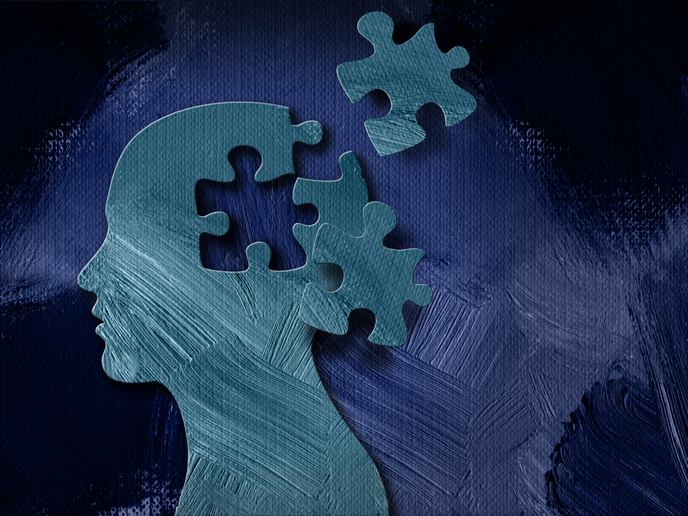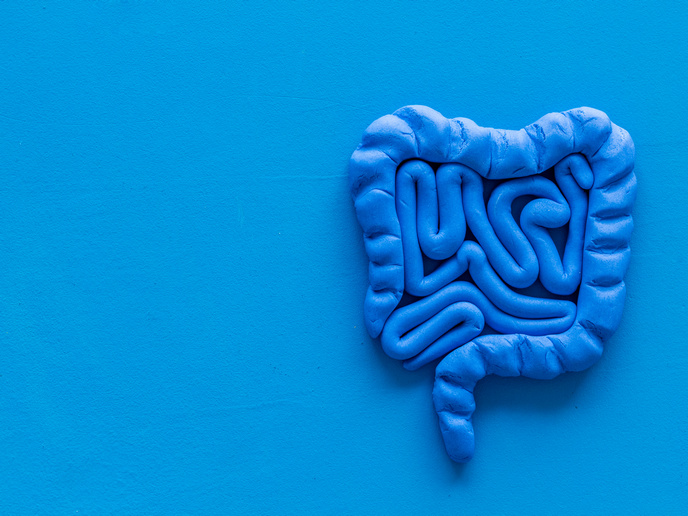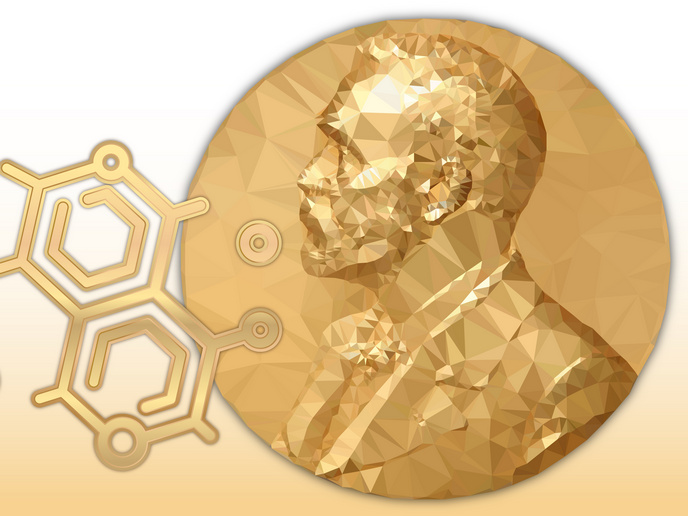Revitalisation of neurons after damage
Neurodegeneration involves the progressive loss of structure or function of neurons, including their death. Many neurodegenerative diseases, such as Parkinson’s (PD), Alzheimer’s (AD) and Huntington’s (HD), occur as a result of neurodegenerative processes. Despite the intensive effort of scientists to prevent and treat these malignancies, the molecular mechanisms involved in neuronal degeneration are still poorly understood. The EU-funded project ‘Molecular mechanisms of neuronal degeneration: from cell biology to the clinic’ (Neurone) aimed to lay the ground for the development of novel therapeutic schemes to neurodegenerative disease and neurotrauma. Towards this direction, a consortium of multidisciplinary and multifaceted European experts was established. Neurone scientists focused on neurodegenerative diseases AD, PD and HD as well as amyotrophic lateral sclerosis (ALS), while spinal cord injury (SCI) was the main model for neurotrauma. The project successfully accomplished all of its objectives, enlightening the molecular biology community with regards to neuronal degeneration and death. The early events prior to neuronal damage were uncovered, providing significant molecular details on their features and hierarchy. Pathological situations like inflammation were linked to the development of the early stage of neuronal degeneration. Moreover, proteins and pathways involved in these procedures were characterised as potential therapeutic targets. Neurone researchers provided novel insights into the mechanism involved in neuronal death in HD. The role of mitochondria and a key growth factor in the development of the disease was elucidated. For the cure of PD, Neurone scientists are developing novel optimised transplants produced by stem cells. In addition, pharmaceutical companies within the Neurone network developed compounds that capture excess metal ions in neurons, preventing several toxic events. These compounds lower the rate of AD development in animal models, improving their cognitive skills and brain health. Clinical studies by Neurone scientists revealed that a combination of rehabilitation treatment with chondroitinase produces a greatly increased degree of functional recovery in brain tissues. Chondroitinase is already an established enzyme for the partial functional recovery after SCI. A variety of activities were developed by Neurone for the dissemination and demonstration of its achievements. Such activities were performed in science museums and open days of the institutes, demonstrating methods and tests for assessing brain function in different neurological disorders. A DVD was created to present the life of people affected by neurodegenerative diseases and to explain how Networks of Excellence, such as Neurone, promote the development of new therapeutic solutions for these patients. Neurone established a European Network of Excellence to intensively and cohesively work at all levels of neurodegenerative diseases, linking basic research with clinical studies.



